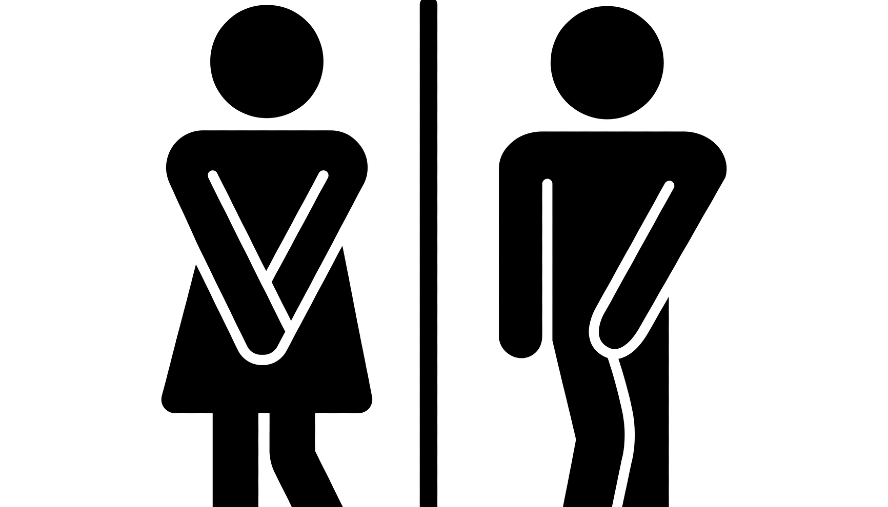Signs of Irritable Bowel Syndrome
Irritable bowel syndrome (IBS) is a common condition that affects the gastrointestinal tract and causes symptoms such as diarrhea, constipation and bloating. People with IBS are typically diagnosed during their teens and early adulthood. According to gastroenterologist Pranav Periyalwar, MD, it’s rare for people to be diagnosed with IBS in late adulthood.
One of the challenges of diagnosing IBS is that many of its symptoms also are produced by conditions such as lactose intolerance and inflammatory bowel disease. “It’s the overlap of specific symptoms we look for when diagnosing IBS,” said Dr. Periyalwar. “The duration of these symptoms also gives us insight.”
To provide a starting point for dealing with IBS, Dr. Periyalwar shared the top signs of this condition. If you have experienced these symptoms or are concerned about IBS, our gastroenterologists can help.

#1 Diarrhea
Diarrhea by itself does not mean you have IBS. Sometimes diarrhea can be caused by viral illnesses or exposure to certain bacteria. However, if you experience frequent diarrhea for months at a time, consider talking to your doctor. People with IBS typically have diarrhea accompanied with other signs of the condition.

#2 Constipation
Constipation is another common symptom of IBS. Constipation is often temporary and can be caused by changes in diet and exercise. For people with IBS, constipation can occur for months at a time. IBS constipation is often accompanied by other symptoms. When constipation is the main symptom of IBS, the condition is classified as IBS-C (IBS-D refers to diarrhea). Some people with IBS can experience alternating bouts of constipation and diarrhea.

#3 Irregular Bowel Movements
Most people complete one spontaneous bowel movement per day. Your bowel movements may be more or less frequent. According to Dr. Periyalwar, if you notice a change in the regularity of your bowel movements, this could be a sign of IBS. “Let’s say you’re used to one bowel movement per day. Now you’re experiencing one every two to four days. Or maybe it’s more frequent — even five to six times per day with diarrhea. If that’s happening, along with a change in the appearance or form of the stool, it might be IBS,” said Dr. Periyalwar.

#4 Changes in Stool
It’s common for stool to fluctuate with changing diets. However, when the frequency, color and texture of the stool changes dramatically and for months at a time, it could be a sign of IBS. “The Bristol Stool Form Scale is a great tool for understanding different types of stool and can help people concerned about IBS to track changes,” said Dr. Periyalwar.

#5 Abdominal Pain
If you’re experiencing stomach pain or cramps that persist for months, this could be a sign of IBS. These pains might be accompanied by the feeling of needing to have a bowel movement. Because stomach pain is a common symptom of other conditions, it’s important to look for additional signs of IBS occurring with the abdominal pain to make a proper diagnosis.

#6 When to See a Gastroenterologist
If you are experiencing any of these symptoms and are concerned about IBS, it’s important to talk to your doctor about seeing a gastroenterologist, a digestive health specialist who can give you a proper diagnosis. Make an appointment at National Jewish Health or visit our gastroenterology page to learn more.
